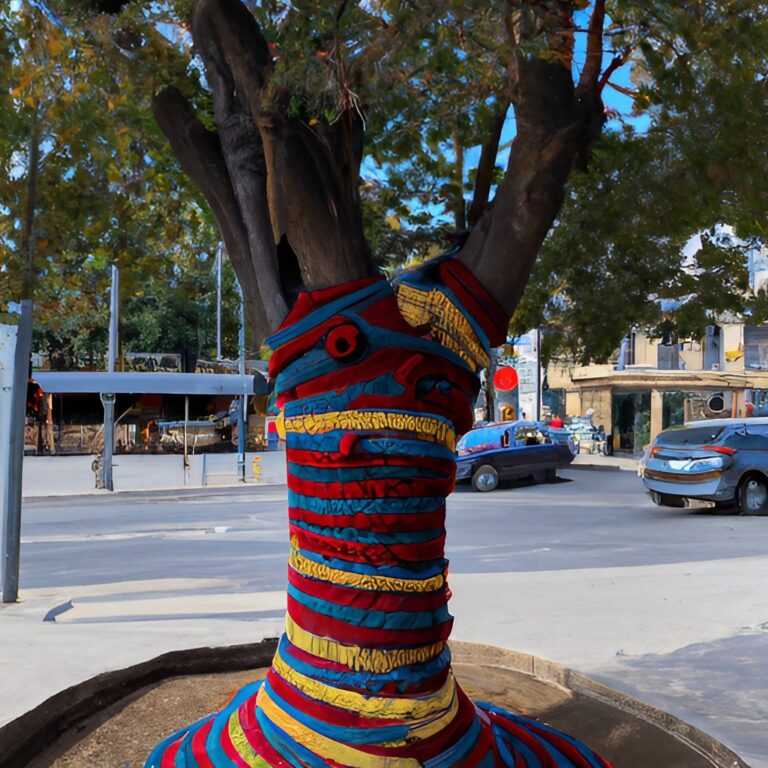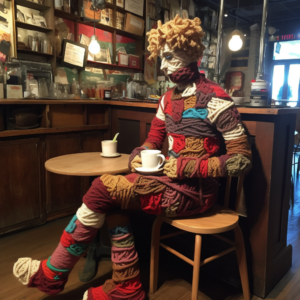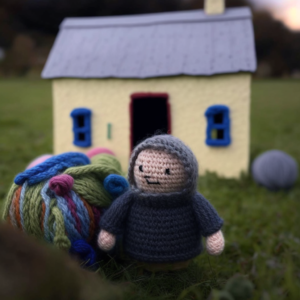
Friend with Autism: Navigating the Journey Together
If you have a friend with Autism Spectrum Disorder (ASD), you may be wondering how you can support them and strengthen your relationship. ASD is a neurodevelopmental condition that affects social interaction, communication, and behavior. It can be challenging for individuals with autism to navigate the world, but with understanding, patience, and compassion, you can help them thrive. Here are some tips for loving a friend with autism and navigating the journey together.
Educate Yourself about Autism Spectrum Disorder
When it comes to loving a friend with autism, it’s important to understand that their experience of the world may be different from yours. They may have difficulty understanding social cues, interpreting emotions, and communicating effectively. They may also have unique interests, routines, and sensory sensitivities. This can make it difficult for them to engage in certain activities or understand certain situations, but it doesn’t mean they don’t want to connect with you.
One of the most important things you can do as a friend is to educate yourself about autism. Learn about the common signs and symptoms, as well as the unique challenges that individuals with autism face. This will help you understand your friend’s perspective and be more patient and compassionate when they are struggling.
Be Open and Accepting
One of the most important things you can do as a friend is to accept your friend’s unique characteristics. Don’t try to change them or make them conform to social norms. Instead, learn to appreciate their quirks and individuality. This will help your friend feel more comfortable and accepted, and it will strengthen your bond.
Effective Communication
Communication is key when it comes to loving a friend with autism. Be patient and clear when speaking with them, and use simple and direct language. Try to understand when they may have difficulty expressing themselves, and don’t take it personally.
Consider Sensory Sensitivities
Individuals with autism may experience sensory sensitivities that can make certain environments or situations overwhelming. Be mindful of your friend’s sensory sensitivities and try to create an environment that is comfortable for them. This will show them that you care about their well-being and that you’re willing to make adjustments for them.
Offer Support and Understanding
Individuals with autism may experience additional challenges in their personal and professional lives. They may have difficulty finding and keeping employment, which can lead to financial difficulties. They may also have difficulty with independent living skills, such as cooking and cleaning, which can make it difficult to live independently. Offer your support and understanding in these areas, and try to help them access resources and support they may need.
Encourage Acceptance and Understanding
It’s important to encourage acceptance and understanding of autism in your community. By raising awareness and promoting acceptance, you can help create a more inclusive and supportive environment for individuals with autism.
Remember that autism is a lifelong condition, and your friend will need your support and understanding for the long haul, throughout their entire life. Be there for them during the tough times, and celebrate their successes. Show them that you’re a true friend and that you’ll be there for them through thick and thin.
In conclusion, loving a friend with autism can be challenging, but with understanding, patience, and compassion, you can navigate the journey together and create a strong and loving bond. Remember to educate yourself about autism spectrum disorder, be open and accepting, communicate effectively, consider sensory sensitivities, offer support and understanding, and encourage acceptance and understanding in your community.
Have you ever had a friend or loved one with autism? How did you navigate your relationship with them?
What are some ways that you have found to be helpful in supporting individuals with autism in your community?
How can we work together as a society to create a more inclusive and accepting environment for individuals with autism and other neurodiverse conditions?
Let us know in the comments below!
Similar Articles

Loving Someone with Autism: A Brief Guide
Loving someone with autism can be a unique and rewarding experience, but it can also present its own set of challenges. Understanding and accepting the








